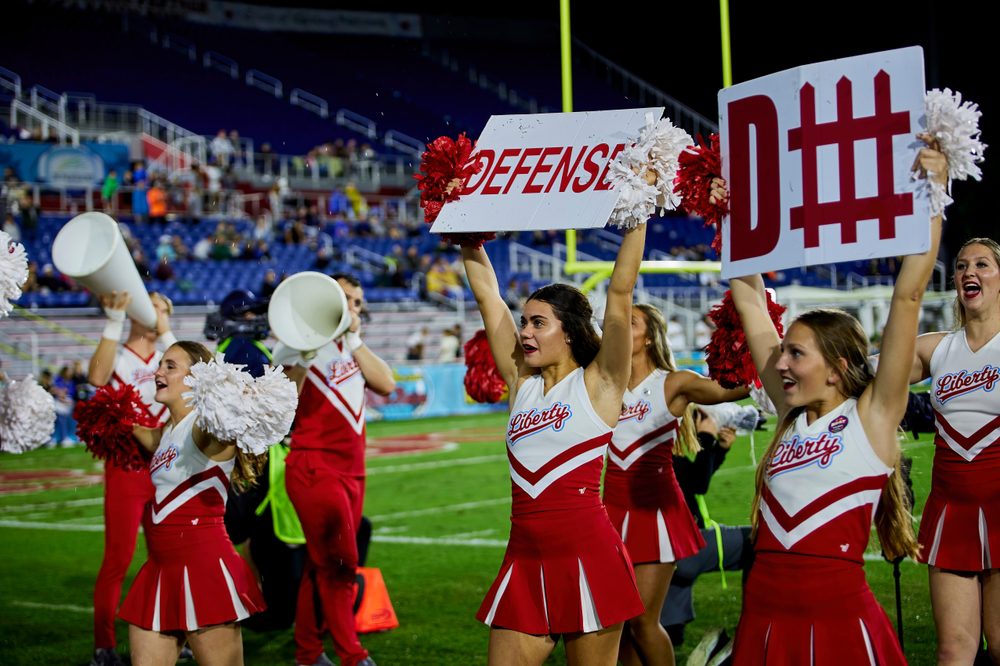
A Bold Move: Satanic Chaplains in Florida Schools?
In the usually predictable world of public school administration, Florida (sans “man”) is stirring the pot with a proposition that feels like it’s straight out of a satirical sketch. Two bills, Senate Bill 1044 and House Bill 931, are on the table, and they’re not just any legislation. They’re the kind that could see Satanic priests offering counsel in the hallowed halls of Florida’s public schools.
The Genius Behind the Bills
What’s driving these controversial bills? It’s a cheeky yet brilliant push for true religious inclusivity. By allowing volunteer chaplains from diverse religious backgrounds to provide counseling, these bills challenge the status quo head-on. Lucien Greaves, the spokesman and co-founder for the Satanic Temple, hits the nail on the head: “They can allow religion in places, but they can’t distinguish between religions.” This move calls out the hypocrisy of those who advocate for religious presence in schools—provided it aligns with their own beliefs.
Navigating the New Landscape
Should these bills pass, don’t expect to see a surge of Satan worshippers swarming schools. Instead, imagine a system where parents have the power to choose a chaplain from a pre-approved list, ensuring a fit that aligns with their family’s beliefs. Florida Senator Gayle Harrell makes it clear: this isn’t about promoting one religion over another but ensuring a fair and vetted selection process. Each potential chaplain, regardless of their religious affiliation, would undergo a stringent background check.
The Real Issue at Hand
At its core, this debate transcends the specifics of the legislation. It’s a litmus test for the principle of the separation of church and state. Florida’s legislative proposition serves as a cunning exposé of the double standards held by certain proponents of religious freedom—as long as that religion is Christianity.
As we witness this unfolding, it’s clear that the dialogue sparked by these bills is about much more than just the legalities of chaplaincy. It’s a reflection on our collective values and the lengths some will go to uphold a facade of inclusivity, all while favoring their own beliefs. In challenging these norms, the Satanic Temple not only questions the place of religion in public schools but also holds a mirror to society, asking us to confront the inconsistencies in our principles of freedom and inclusion.










